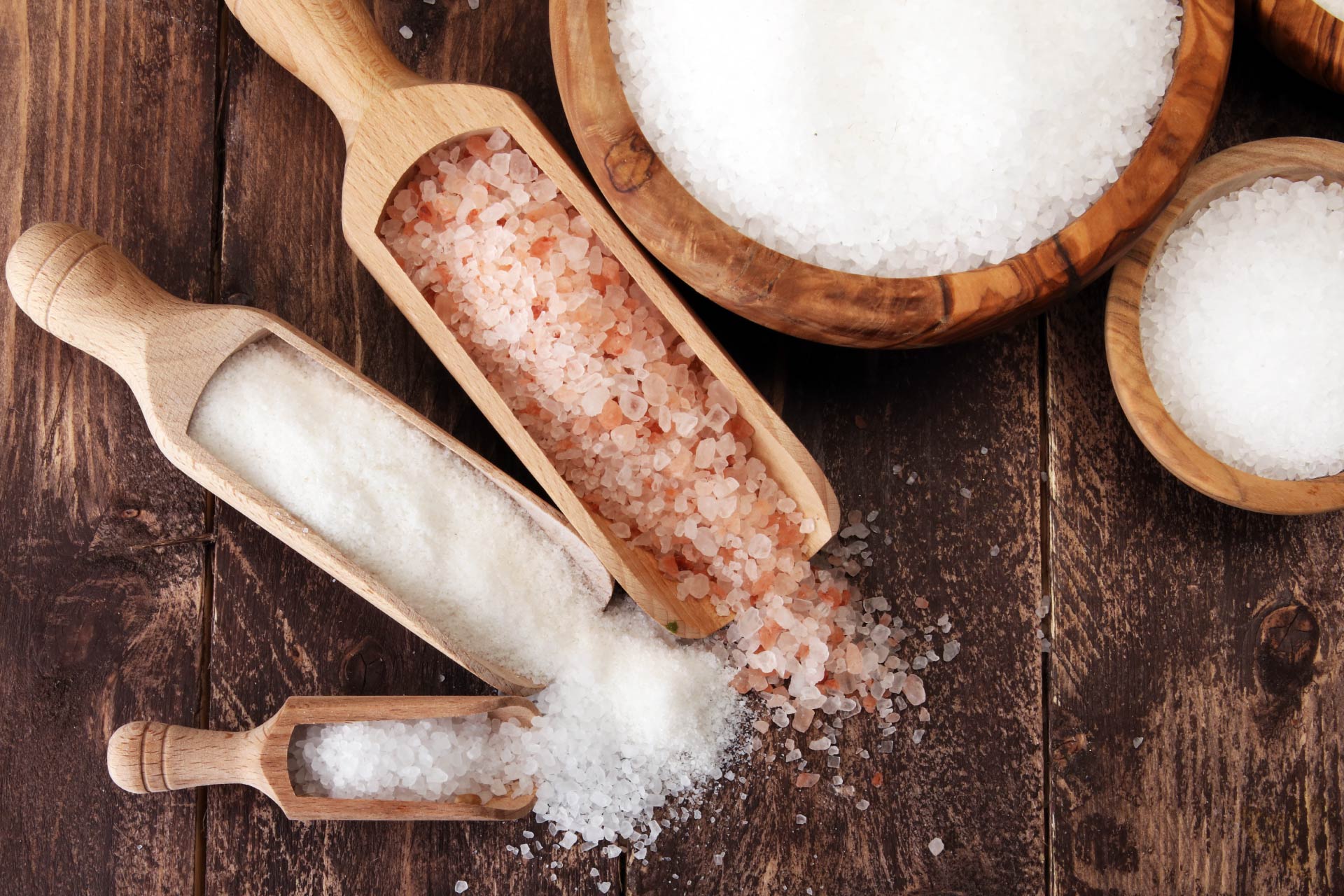[toc]
What is already known on this topic
Diet can influence human health by regulating immune responses and the gut microbiota make-up. Previous studies suggested that a high-salt diet can induce changes in the gut microbiota composition of mice and trigger a strong inflammatory response that mediates direct killing of tumor cells. However, it’s unclear how a diet rich in salt can regulate the gut microbiota and the immune system in ways that may help suppress tumors.
What this research adds
Working in mice, researchers found that a high-salt diet increases the levels of Bifidobacterium, and it activates immune cells that kill tumor cells — likely by inhibiting a protein that would otherwise prevent these immune cells from attacking other cells in the body. Transferring gut microbes from mice on a high-salt diet to rodents on normal diets also boosted the activity of natural killer cells. Analyses of serum samples suggest that Bifidobacterium and natural killer cells could ‘communicate’ through a microbial metabolite called hippurate, which seems to be important for tumor regression in mice on a high-salt diet.
Conclusions
The findings suggest that a high-salt diet modulates the gut microbiota in ways that boost tumor immunity. The identification of Bifidobacterium as a mediator of natural killer cell activity could help develop microbial cocktails that may be used in cancer treatments.
Diet can influence human health by regulating immune responses and the gut microbiota make-up. New research done in mice suggests that a high-salt diet can help inhibit tumor growth by modulating the gut microbiota.
The findings, published in Science Advances, could pave the way for developing microbial cocktails that may be used in cancer treatments. “Our preclinical data strongly suggests the therapeutic potential of and points to its potential translational application,” the researchers say.
Previous studies indicated that a high-salt diet can induce changes in the gut microbiota composition of mice and trigger a strong inflammatory response that mediates direct killing of tumor cells. However, it’s unclear how a diet rich in salt can regulate the gut microbiota and the immune system in ways that may help suppress tumors.
Working in mice, researchers led by Amit Awasthi at the Translational Health Science and Technology Institute in Faridabad studied the effects of a high-salt diet on skin melanoma.
Immune cross-talk
Mice with melanoma tumors were fed with three different types of diet: a normal diet containing naturally occurring salt, a low-salt diet, and a high-salt diet.
By analyzing the rodents’ immune cells, the researchers found that cells called natural killer T cells and their activation molecule were upregulated by about 50% in mice fed a high-salt diet. In these mice, a molecule called PD-1, which typically prevents natural killer T cells from attacking other cells in the body, was inhibited. Mice fed normal or low-salt diets didn’t show such changes.
Mice on a high-salt diet also had increased levels of the probiotic Bifidobacterium compared to rodents on normal or low-salt diets. Analyses of serum samples suggested that Bifidobacterium and natural killer cells could ‘communicate’ through a microbial metabolite called hippurate, which seems to be important for tumor regression in mice on a high-salt diet.
Translational applications
Transferring gut microbes from mice on a high-salt diet to rodents on normal diets also promote the function of natural killer cells, the researchers found. Further experiments showed that a high-salt diet increases the gut permeability, favoring the localization of Bifidobacterium inside tumors, which in turn boosts the activation of natural killer T cells.
When the researchers injected the tumors of mice on normal diets with Bifidobacterium, tumor growth was suppressed. By analyzing serum metabolites in mice injected with Bifidobacterium, the team found that hippurate levels were upregulated within the tumor of these rodents compared to mice that received no Bifidobacterium.
The results suggest that a high-salt diet modulates the gut microbiota in ways that boost tumor immunity. The identification of Bifidobacterium as a mediator of natural killer cell activity could also have therapeutic applications. “We propose that a consortium of microbiota mimicking gut microbiota could have exciting translational values against cancer,” the researchers say.









